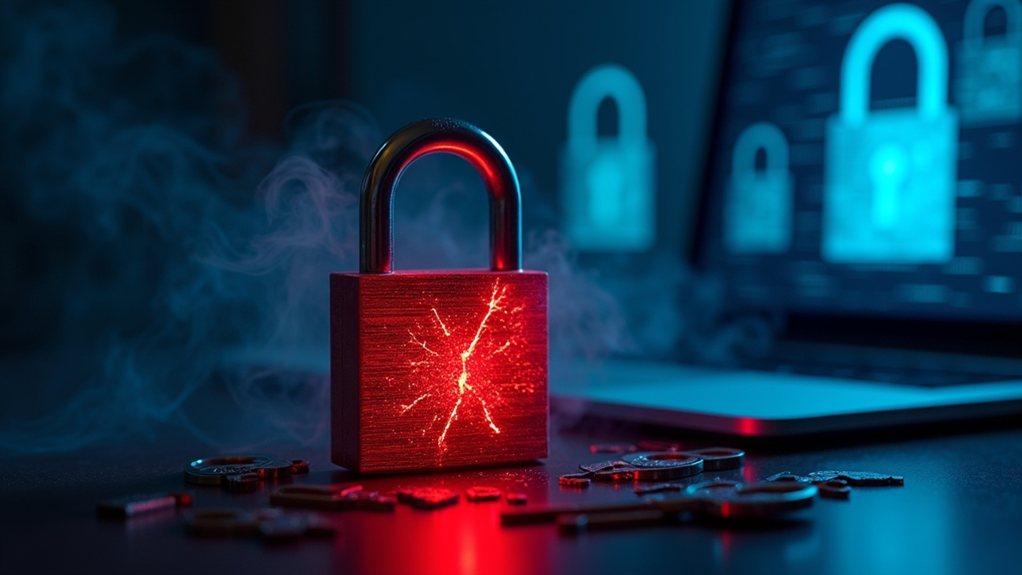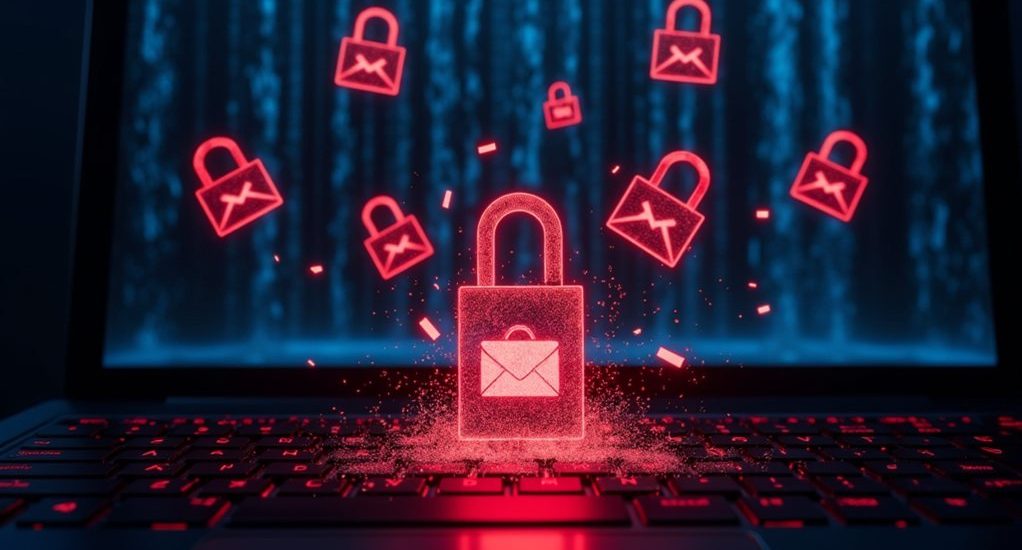A massive data breach exposing 2.5 billion Gmail accounts has sparked urgent security concerns in 2025. As no passwords were directly compromised, sophisticated AI-powered phishing attacks and social engineering tactics have made Gmail accounts increasingly vulnerable. With 80% of data breaches exploiting weak passwords and the average person managing over 100 online accounts, cybersecurity experts strongly recommend immediate password updates and enabling multi-factor authentication to protect digital identities from evolving threats.

Every Gmail user faces an evolving battleground of security threats in 2025, as artificial intelligence transforms both cyber defence and criminal tactics. The recent ShinyHunters breach affecting 2.5 billion Gmail users serves as a stark reminder that even tech giants aren’t immune to sophisticated attacks. Although Google confirmed no passwords were compromised, the incident highlighted how vulnerable our digital lives have become. The attackers exploited social engineering by impersonating IT staff to gain unauthorized system access. Deepfake technology enables scammers to create realistic audio messages from trusted contacts.
AI-powered threats and mega-breaches like ShinyHunters prove no Gmail account is truly safe in today’s sophisticated cyber battlefield.
Think your password is secure? Think again. With 24 billion passwords exposed globally since 2022 – a staggering 65% increase from 2020 – cybercriminals have more ammunition than ever. The average person juggles over 100 online accounts, often recycling passwords like yesterday’s leftovers. This digital convenience comes at a steep price: 80% of data breaches exploit weak or stolen passwords, turning one compromised account into a skeleton key for your entire online presence.
The threat environment has evolved faster than a Silicon Valley startup’s business model. AI-powered phishing attacks now craft emails so convincing, they’d fool even the most vigilant tech enthusiast. These digital chameleons account for roughly half of all phishing attempts, with success rates that would make traditional scammers jealous. When your Gmail account serves as the gateway to Google Drive, Pay, and other services, a breach becomes less about reading your emails and more about orchestrating a full-scale digital identity heist.
Despite widespread awareness of password vulnerabilities, human nature remains stubbornly consistent. Only 15% of users employ password managers, while over half of IT professionals admit to sharing passwords through email – effectively handing cybercriminals their grocery list. The statistics paint a sobering picture: 88% of successfully cracked passwords are 12 characters or fewer, making them about as secure as a paper lock on a bank vault.
The solution isn’t complicated, but it requires immediate action. Users must treat their Gmail passwords like their morning coffee – fresh and strong. This means implementing unique, complex passwords for all accounts, enabling multi-factor authentication (think of it as adding a bouncer to your digital nightclub), and regularly updating credentials, especially following breach reports. Password managers aren’t just convenient – they’re digital armour in an increasingly hostile online atmosphere.
As AI-driven threats continue to evolve and attackers become more sophisticated, the stakes have never been higher. Your Gmail account isn’t just an email service – it’s the master key to your digital life. With social engineering attacks accounting for 63% of credential theft incidents, the time to fortify your digital defences is now, not after you’ve become another statistic in the next major breach report.
Final Thoughts
Gmail users must act swiftly to safeguard their accounts by updating their passwords to strong and unique combinations. This crucial step can help prevent serious breaches of personal data. The Moreton Bay Computer Repairs team is here to assist you in enhancing your account security by providing expert guidance on password management and setting up two-factor authentication. Don’t wait until it’s too late—secure your digital life today. Click on our contact us page to get in touch with our experts!

